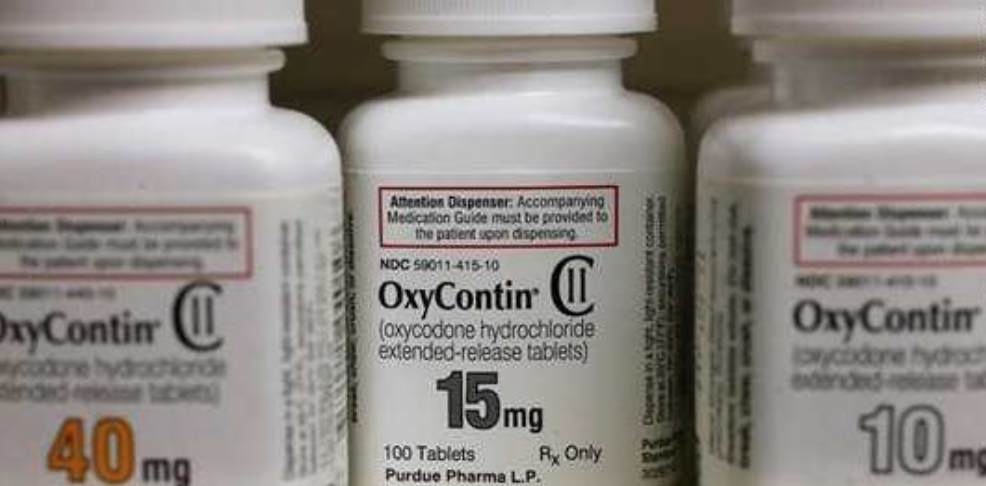 The opioid epidemic that has categorized years of the North American conversation surrounding addiction took a new turn on Wednesday, October 21st, 2020. Purdue Pharma, the company responsible for creating the wildly addictive–and initially overprescribed–opioid OxyContin pled guilty to a series of felonies. However, some still feel it isn’t enough.
The opioid epidemic that has categorized years of the North American conversation surrounding addiction took a new turn on Wednesday, October 21st, 2020. Purdue Pharma, the company responsible for creating the wildly addictive–and initially overprescribed–opioid OxyContin pled guilty to a series of felonies. However, some still feel it isn’t enough.
The settlement Purdue Pharma reached with the federal government was over 8.3 billion dollars–an unprecedented amount for a pharmaceutical company. The company also had to plead guilty to fraud against the United States government, as well as violating statutes against kickbacks between 2009 and 2017. The Washington Post breaks down the settlement distribution as follows:
“a criminal fine of more than $3.5 billion, criminal forfeiture of $2 billion and a civil settlement of $2.8 billion.”
According to the Deputy Attorney General, Jeffrey Rosen, this money “will redress past wrongs, and will also provide extraordinary new resources for treatment and care of those affected by opioid addiction.”
The charge, which Purdue has pled guilty to, means they have admitted to paying doctors and a health records company to pump up prescriptions for their products, including OxyContin. In the words of the District of Vermont’s U.S. Attorney, Christina E. Nolan, “the kickback effectively put Purdue’s marketing department in the exam room with their thumb on the scale at precisely the moment doctors were making critical decisions about patient health.”
In 2018, CNN and Harvard University released an analysis that found pharmaceutical companies were paying doctors who prescribed opioids. Furthermore, the more they prescribed, the bigger the payout. While the money was officially listed as being for “speaking, consulting, and other services,” high prescribers were making substantial amounts of money. Hundreds of American doctors were receiving payouts in the six figures. Thousands were receiving over $25,000.
“It smells like doctors being bribed to sell narcotics,” says Dr. Andrew Kolodny, a scientist at the Institute for Behavioral Health at Brandeis University. “That’s very disturbing.”
Dr. Kolodny is also co-director of the Opioid Policy Research Collaborative at Brandeis University. As well, he is the executive director of Physicians for Responsible Opioid Prescribing.
“Purdue deeply regrets and accepts responsibility for the misconduct detailed by the Department of Justice in the agreed statement of facts,” says a statement by the head of the company board, Steve Miller. Miller has only had control of the board since July 2018. He is quick to stress that Purdue is now a “very different company.”
Purdue has now declared bankruptcy–but that’s not a win. Instead, it makes it near-impossible for the states, Indigenous tribes, and individuals who have judgments against Purdue to collect.
Massachusetts Attorney General, Maura Healey, is upset at the settlement the Justice Department has reached. For her, true justice “requires exposing the truth and holding the perpetrators accountable, not rushing a settlement to beat an election. I am not done with Purdue and the Sacklers, and I will never sell out the families who have been calling for justice for so long.”
